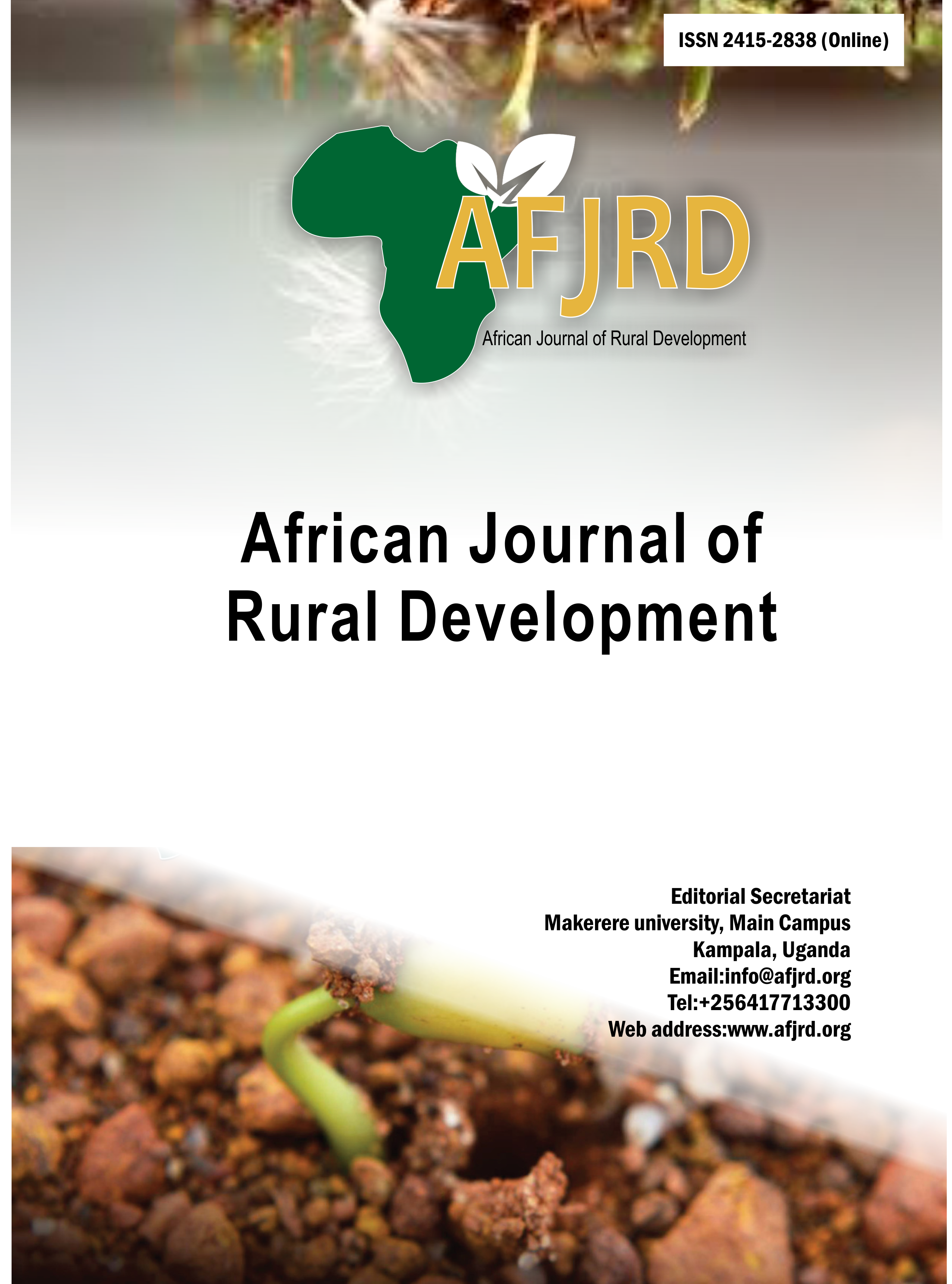Indigenous Knowledge and the Excluded Public Sphere: A Communication Studies Perspective on Africa's Decolonization
Main Article Content
Abstract
Abstract
This paper examines how historical and ongoing linguistic marginalization in Africa structurally excludes large segments of the population from participating in the communicative arenas where knowledge is validated, circulated, and commercialized. Anchored in a decolonial communication framework, the analysis draws on Ngũgĩ wa Thiong’o’s critique of linguistic imperialism. It interrogates the applicability of Jürgen Habermas’s concept of the public sphere within African contexts. It argues that the dominance of colonial languages in formal communication, particularly in policy, education, and media, restricts access to epistemic legitimacy and perpetuates uneven development discourse, favoring elite, exogenous paradigms. This exclusion constrains the dissemination of indigenous knowledge, which is often embedded in oral and communal communication practices, and hinders its equitable commercialization. Indigenous Knowledge (IK) refers to the local knowledge that is unique to a given culture or society. It is often passed down through generations and involves traditional practices and beliefs. It is inherently "indigenous" to a place and people. Using a critical synthesis of Communication Studies literature, the paper examines how language policies and the structure of digital platforms shape inclusion and exclusion in contemporary African public spheres. It highlights the structural barriers that limit the integration of IK into mainstream development narratives and market systems. The paper concludes by arguing that reconfiguring communicative ecologies to be linguistically and culturally pluralistic is a requisite for advancing epistemic justice and advancing inclusive, knowledge-based development across the continent.
Keywords: Public Sphere, Linguistic Imperialism, Communication, Indigenous Knowledge, Decolonization, Language Policy, Digital Media, Epistemic Justice, Africa.
Article Details

This work is licensed under a Creative Commons Attribution 4.0 International License.
